Just how organic is dish detergent?
acowells
17 years ago
Related Stories
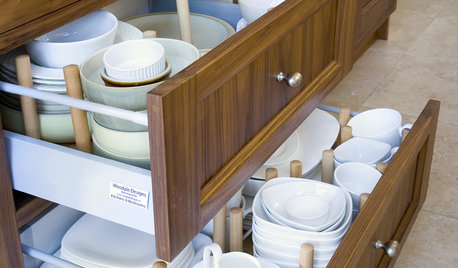
KITCHEN DESIGNIdea of the Week: Customizable Dish Drawer
Tuck dishes safely away in a DIY kitchen-drawer organizer
Full Story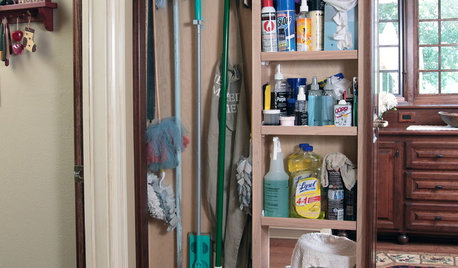
CLOSETSGet Your Broom Closet Just Right
The Hardworking Home: Make cleanup easier with storage space that neatly organizes your equipment and supplies
Full Story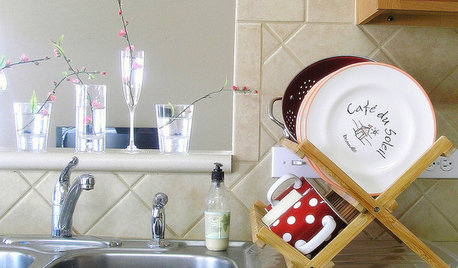
KITCHEN DESIGNYour Kitchen: Where to Stash the Dish Towels
Solve the Dish Towel Dilemma With 13 Ways to Keep Them Handy and Dry
Full Story
KITCHEN DESIGNPro Chefs Dish on Kitchens: Paul Kahan Shows His Urban Sanctuary
Peek inside Kahan's newly redone home kitchen and learn what he considers most important for a cooking space
Full Story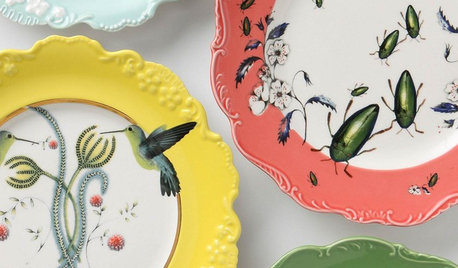
PRODUCT PICKSGuest Picks: Dishes and Tea Towels That Bring a Smile
Eat your heart out with kitchen accessories that put the "fun" in "functional"
Full Story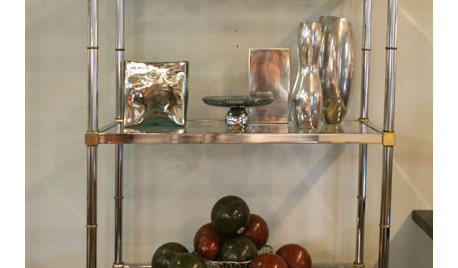
ORGANIZINGÉtagères Open Up Storage
Display dishes, keep towels within reach or just lavish some extra love on your trinkets using the open shelves of an étagère
Full Story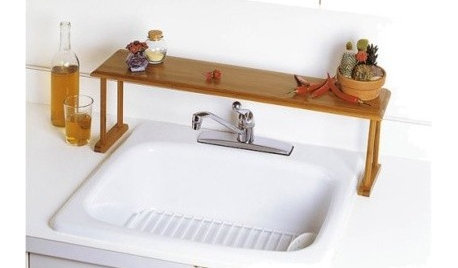
KITCHEN DESIGNGuest Picks: Organizing Your Kitchen for the New Year
Resolve to find a place for plastic bags, compost and piles of dishes to declutter your kitchen
Full Story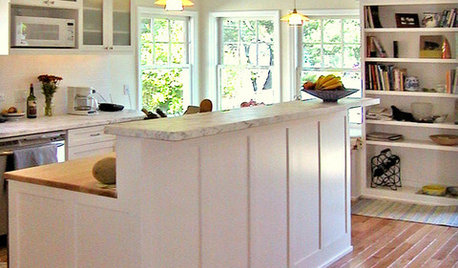
KITCHEN DESIGN8 Kitchen Organizing Ideas for Messy Cooks
Not the clean-as-you-go type? Not to worry. These strategies will help keep your kitchen looking tidy no matter what your cooking style is
Full Story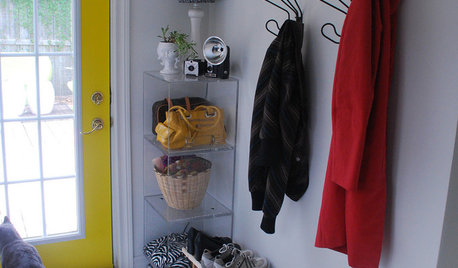
ENTRYWAYSOrganizing Starts at the Door
You don't need fancy bins and containers to keep your entryway tidy — just a system that sticks
Full Story
HOUSEKEEPING7-Day Plan: Get a Spotless, Beautifully Organized Entry Hall
Take your entry from scuffed up to spiffed up — restoring total cleanliness and order in just a week
Full Story





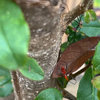

username_5
patty4150
Related Professionals
New Bedford Landscape Architects & Landscape Designers · Otsego Landscape Architects & Landscape Designers · Maple Heights Landscape Architects & Landscape Designers · Arlington Landscape Contractors · Florham Park Landscape Contractors · Fort Atkinson Landscape Contractors · Goodlettsville Landscape Contractors · Lake Worth Landscape Contractors · Rockland Landscape Contractors · Tavares Landscape Contractors · Reisterstown Landscape Contractors · Frederick Decks, Patios & Outdoor Enclosures · Houston Decks, Patios & Outdoor Enclosures · Oswego Decks, Patios & Outdoor Enclosures · Racine Decks, Patios & Outdoor Enclosurespeggy_g
Kimmsr
gw:organic-kiki
paulns
gw:organic-kiki
peggy_g
pickwick